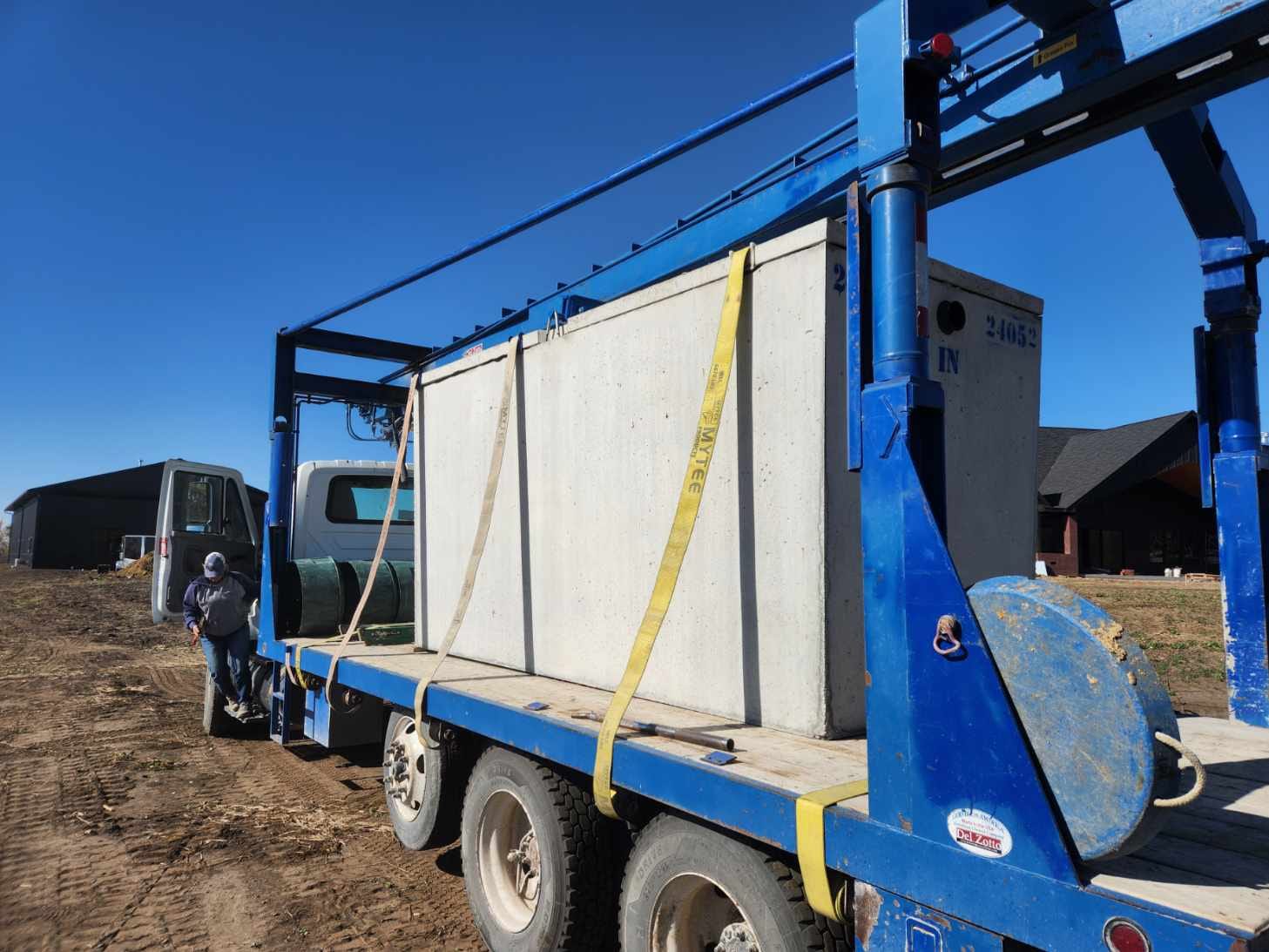
The Role of Advanced Technology in Modern Excavation Services Nov 24, 2025
To understand the role of technology in modern excavation, it's crucial to first explore how these advancements are changing the landscape of the industry. Traditional excavation methods, while effective, involved a high degree of manual labor and time-consuming processes. With the advent of cutting-edge technology, these operations have been revolutionized, allowing for increased accuracy and reduced human error.
A key innovation in excavation technology is the use of Geographic Information System (GIS) technology. GIS allows Precision Excavating and Septic to map out the terrain digitally, creating detailed layouts that guide the excavation process. By employing GIS, teams can accurately predict the impact of excavation on the surrounding environment and infrastructure. This not only improves decision-making but also minimizes potential risks, ensuring projects proceed smoothly.
Another significant technological advancement is the use of Building Information Modeling (BIM). BIM provides a comprehensive digital representation of physical and functional characteristics of a project. For excavation services, BIM facilitates better collaboration and planning among stakeholders, allowing for shared insights into complex site conditions. This technology ensures that all parties involved in a project are on the same page, reducing misunderstandings and costly mistakes.
Excavation machinery has also seen a transformation with the integration of automated and remotely operated equipment. Precision Excavating and Septic utilizes excavators equipped with GPS technology, enabling operators to perform tasks with unprecedented accuracy. GPS-guided machinery ensures consistent depth and alignment, which is essential for constructing solid and reliable foundations. Moreover, remote operation capabilities mean that potentially hazardous work can be done with minimal risk to human operators, enhancing safety on site.
Drones have emerged as invaluable tools in modern excavation services. These aerial devices provide real-time data collection and high-resolution imagery of the site, offering a bird's-eye view that is crucial for planning and monitoring projects. Drones offer speed and efficiency in surveying large areas, reducing the time and resources traditionally required for ground-based surveys. Precision Excavating and Septic leverages drone technology to improve precision and avoid costly delays.
Furthermore, the use of telematics systems in excavation machinery allows for real-time monitoring of equipment health and performance. By analyzing data collected from machinery, maintenance needs are easily identified, preventing downtime and prolonging the equipment’s lifespan. This proactive approach to maintenance ensures projects remain on schedule and increases overall productivity.
As the industry continues to evolve, Precision Excavating and Septic is committed to staying at the forefront of technological advances, ensuring that clients receive the highest quality of service possible. By integrating various technological tools, the company not only boosts its operational capabilities but also sets a benchmark for excellence in the excavation sector.
In conclusion, the adoption of advanced technology in modern excavation services represents a significant leap forward for the industry. The benefits of these innovations—ranging from improved safety to increased precision—are transforming how sites are prepared and developed. Excavation companies like Precision Excavating and Septic are leading the charge, leveraging these tools to deliver efficient, accurate, and reliable services that meet the demanding needs of today's construction and development projects.
/filters:no_upscale()/media/c78b1016-a344-4a0c-8ecd-ad84d6e38f2c.jpeg)